1. The Sweet, Sticky Burn of Campfire Smoke
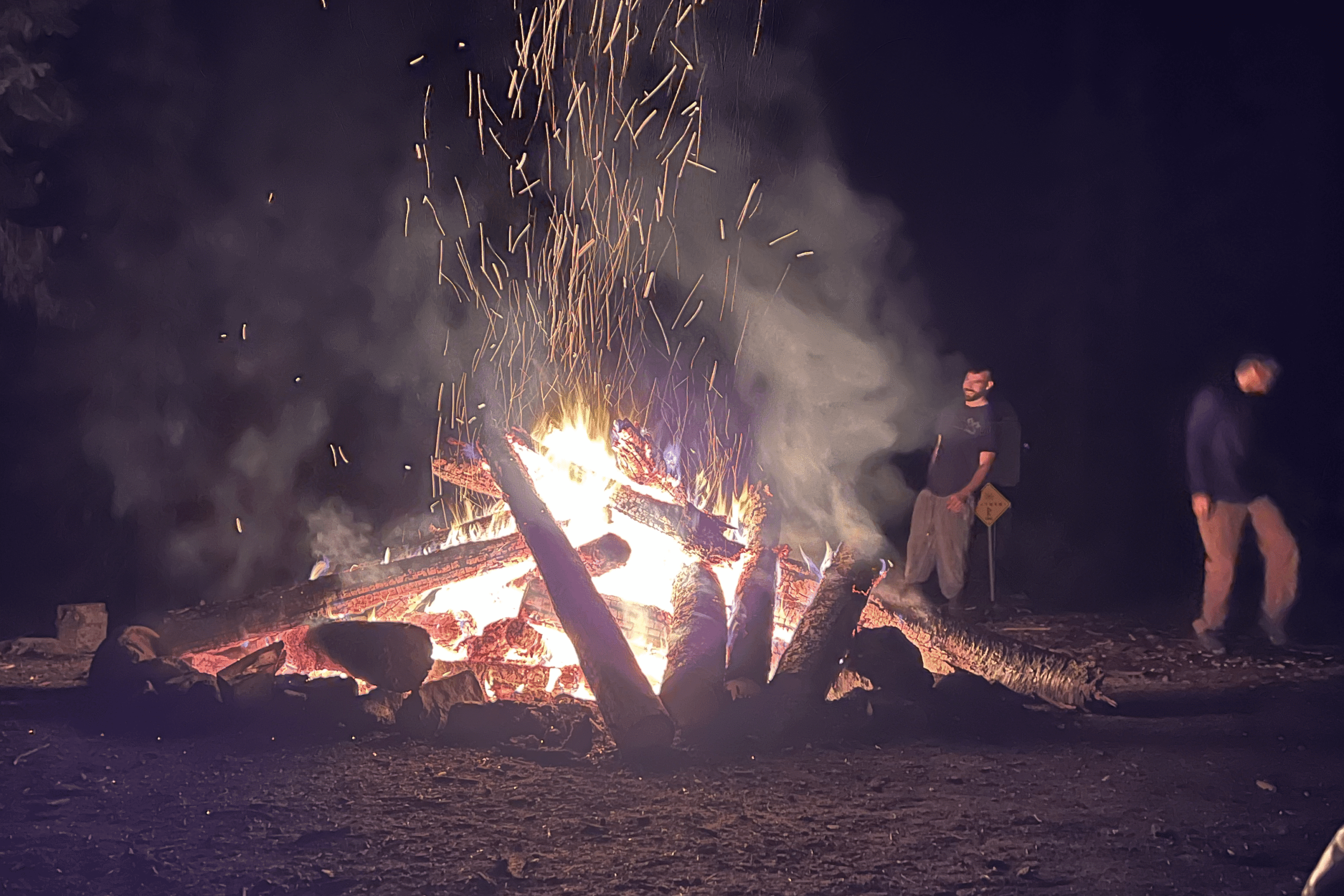
The lingering, earthy scent of woodsmoke is perhaps the most iconic camp smell, a primal aroma created by the partial combustion of wood. This smoke is a mix of gaseous molecules and microscopic particulate matter, which are oily hydrocarbons that easily cling to clothing, hair, and skin long after the fire has been reduced to embers. The distinct smell changes slightly depending on the wood type, pine is resinous and sharp, while oak is heavier and more robust, but the overall scent evokes the shared stories, singalongs, and s’mores that defined every cool summer evening. Its staying power on fabric makes it a cherished, aromatic souvenir of time spent under the stars.
2. Pine Needles Baking in the Hot Sun
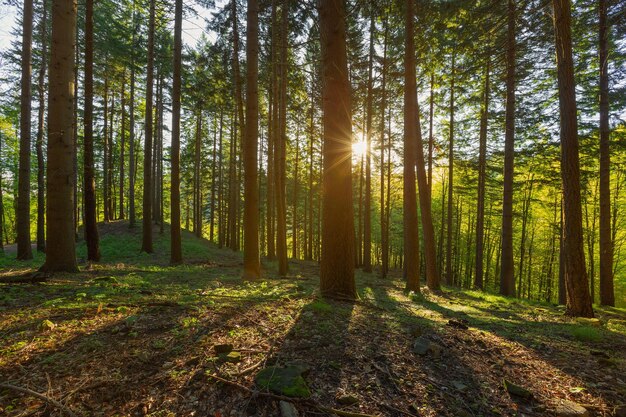
Walking along a dusty trail through a pine forest instantly releases the clean, sharp, and slightly resinous scent of pine needles warmed by intense summer sunlight. This distinct fragrance comes from terpenes, organic compounds found in the pine’s essential oils, such as alpha-pinene, which are volatilized and released into the air as the temperature rises. The resulting aroma is a mix of fresh greenery and dry, brittle wood, creating a scent backdrop for activities like nature walks and cabin hikes. It’s an immediate signal of a deep, secluded woods environment, contrasting with the man-made smells of camp life.
3. The Pungent Chemical Cloud of Bug Spray
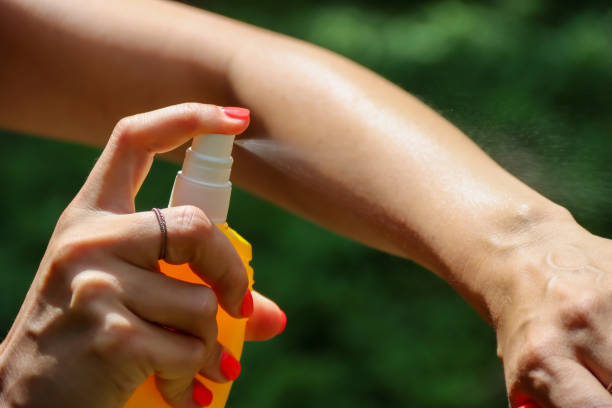
The oily, medicinal scent of insect repellent is a required summer camp aroma, a necessary shield against mosquitoes and ticks. Many popular repellents use active ingredients like DEET (diethyltoluamide) or Picaridin, which work by confusing or overwhelming a mosquito’s sense of smell, creating an invisible, protective vapor barrier. While often described as having a strong, chemical odor that can sting the back of your throat, this smell is inextricably linked to the frantic, pre-activity ritual of application, signifying the transition from the relative safety of the cabin to the deep-woods wilderness.
4. Chlorine Mixing with Lake Water and Sweat

Whether it’s the camp pool or the swimming area at the lake, the sharp, recognizable “chlorine smell” is a marker of aquatic fun. Scientifically, this smell is actually caused by chloramines, a compound formed when the free chlorine, which is a disinfectant, reacts with organic materials like sweat, oils, urine, and skin cells brought into the water by swimmers. Though a strong odor technically indicates that the pool’s sanitation needs attention to break down these chloramines, the scent instantly summons up memories of sun-hot pavement, wet towels, and the giddy exhilaration of a perfect cannonball into the cool, blue water.
5. Earthy Mildew in a Canvas Tent

The damp, musky, and uniquely earthy smell of a canvas tent after a rain shower or on a dew-heavy morning is a classic part of the camping experience. This aroma is caused by the presence of mold and mildew, fungi that thrive on organic materials like cotton or linen canvas in moist, poorly ventilated environments. The distinct odor, sometimes mixed with the slightly metallic scent of damp tent poles and wet earth, signals the intimacy of a shared space in the wilderness. It’s the scent of roughing it and waking up to the sound of zipping tent flaps and the promise of a sunny day.
6. The Heavy, Mineral Scent of Morning Dew
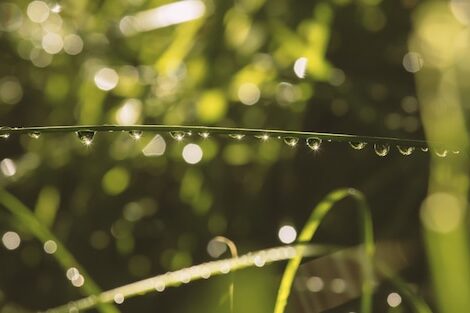
The air just after sunrise often carries a heavy, damp, and mineral-rich scent, especially noticeable on fields and wooded clearings. This fresh, cool aroma is the smell of a heavy dew point, where water vapor condenses rapidly onto grass and plants as the temperature drops overnight. This water mixes with the natural oils and volatile organic compounds released by plant life, creating a concentrated, green smell. It’s the scent of the world waking up, instantly transporting a camper to the chill of the morning flag ceremony or the dewy walk to the breakfast mess hall.
7. Industrial-Strength Pine Sol in the Mess Hall
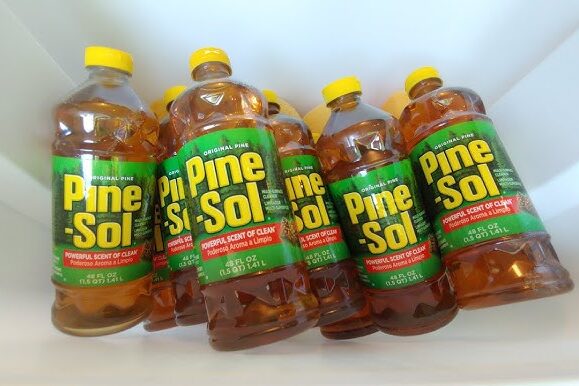
The clean, piercing, and overwhelmingly artificial scent of pine cleaner, often an industrial-strength product like Pine Sol, defines the camp’s communal buildings, particularly the dining hall. This strong fragrance, which uses pine oil or synthetic chemicals like isobornyl acetate to mimic the natural scent of pine, is an olfactory signal of sanitation and routine maintenance. While perhaps too harsh in a small space, the smell immediately evokes the wooden tables, the loud clamor of hundreds of campers eating breakfast, and the promise of a freshly wiped-down, germ-free environment.
8. Sun-Hot Dust and Dry Earth on the Camp Road
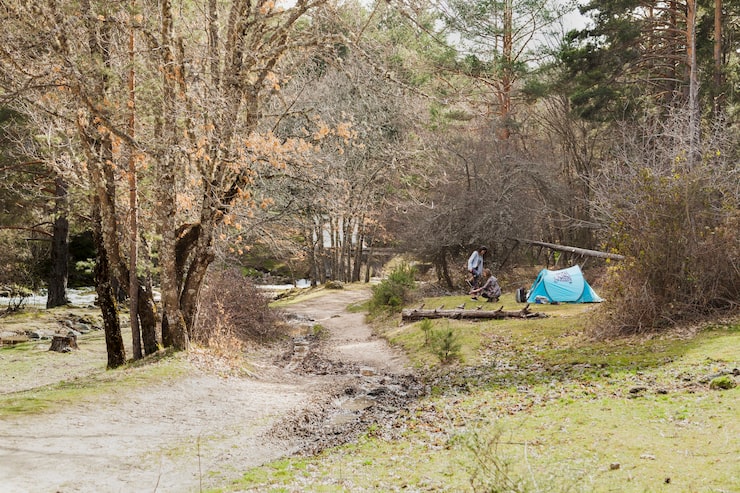
The smell of dry, sun-baked dust rising in a cloud from the camp’s main paths is a potent summer scent, usually stirred up by foot traffic or an old camp bus. This earthy, almost metallic aroma is created when dry soil particles, sometimes containing naturally occurring minerals and tiny organic fragments, are agitated and suspended in the hot air. This scent is an essential part of the camp’s atmosphere, representing movement, adventure, and the dry, heat-cracked landscape that serves as the backdrop to field games and long walks between activity areas.
9. The Sweet and Tart Fumes of Pink Lemonade

The highly concentrated, sugary-sweet, and aggressively tart scent of a massive batch of institutional pink lemonade is a guaranteed mess hall memory. This manufactured flavor is often dominated by citric acid for tartness and various fruit-like esters for a sweet aroma. The simple, artificial scent is a comforting signal of a mid-day break and hydration on a sweltering day. It evokes the image of a giant, sweating pitcher on a serving line, representing a small, sugary luxury offered to hundreds of thirsty campers.
10. Musty Cotton Sheets on a Metal Bunk

The unique, slightly stale, and musty scent of institutional cotton sheets and wool blankets in a wooden cabin is the ultimate “home base” smell of camp. This aroma results from the fibers absorbing a mix of humidity, dust, and the residue of multiple campers over successive summers. The smell is a complex blend of old wood, the metallic tang of the bed frame, and the faint, recycled odor of cotton that has seen countless wash cycles. It’s the grounding smell of the place where secrets were whispered, flashlights were shone under the covers, and exhausted children finally fell asleep.
11. The Sharp, Vinegar-Like Stench of Tempera Paint
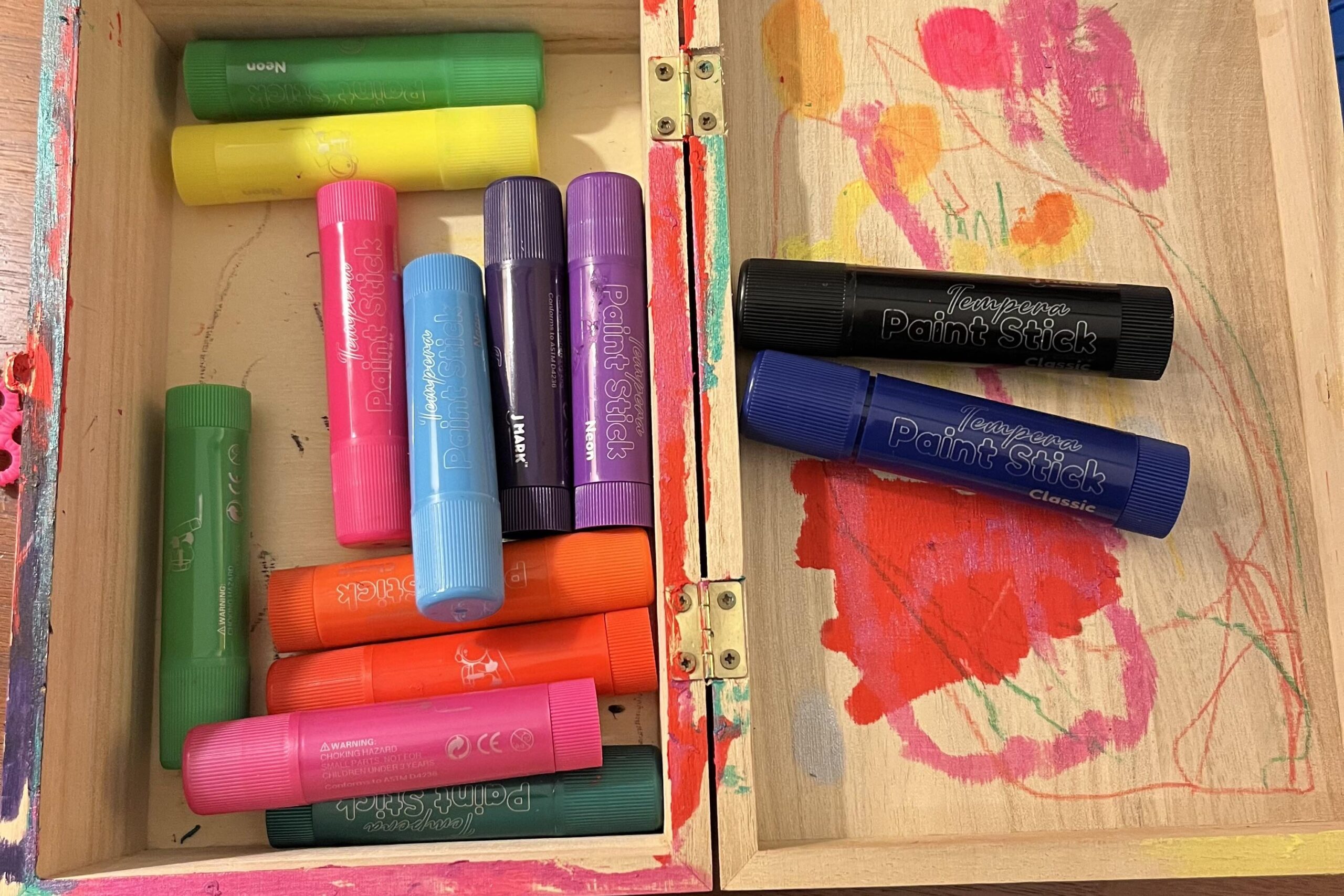
The distinct, pungent, and slightly sour aroma of non-toxic tempera paint defines the arts and crafts cabin. This smell is primarily caused by the binder in the paint, which is often a starch-based or cellulose-based compound that can sometimes have a faint, vinegar-like acidity as it dries. The rich, chalky texture and bright, vibrant colors of tempera are inseparable from this clean yet acidic smell. It is the scent of concentration, creativity, and the satisfying mess of a craft project that inevitably stained clothes and hands with bright, temporary hues.
12. Wet Clay and Earthenware in the Pottery Studio
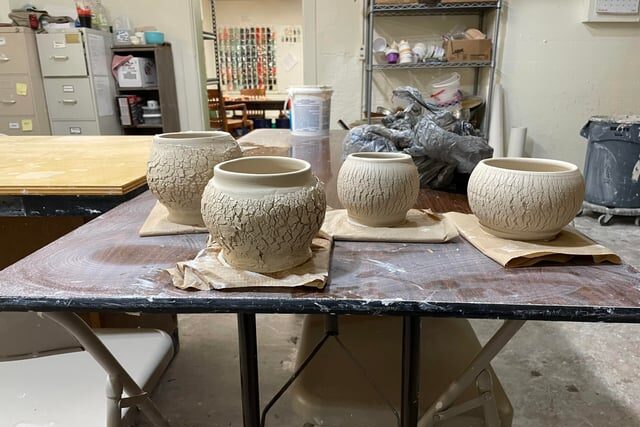
The damp, mineral, and utterly earthy scent of wet modeling clay or earthenware is a deep, grounding smell that anchors the pottery or ceramics workshop. This fragrance is the actual scent of saturated, finely ground minerals and soil, rich in compounds like silica and alumina. When mixed with water, these compounds release an intensely pure, cold earthiness. This powerful scent transports a camper to the patient, focused silence of the studio, the cool feel of the turning wheel, and the satisfaction of shaping something permanent from raw earth.
13. The Salty-Sweet Mix of Sunscreen and Sweat

The combined odor of creamy, oily sunscreen mixed with the sharp, acidic tang of human perspiration is the essence of a relentlessly sunny day. Sunscreen’s characteristic smell often comes from its active chemicals and a heavy, tropical-style fragrance used to mask the chemical base. This is layered with sweat, which, while odorless initially, is quickly broken down by bacteria on the skin to produce short-chain fatty acids that create a noticeable, sharp odor. This blend is the universal smell of a successful, full-day outdoor adventure under a cloudless sky, marking skin and clothing with the unmistakable scent of summer exertion.
14. Rotten Eggs Near a Natural Sulphur Spring
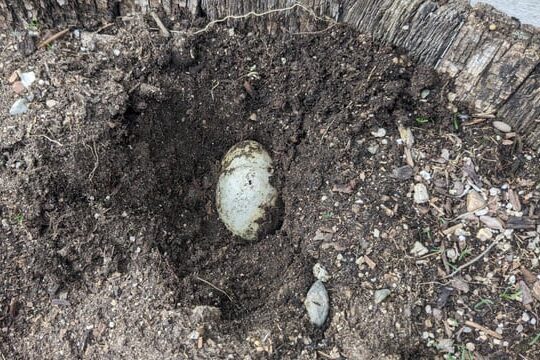
In camps situated near certain geological areas, an occasional, intensely pungent smell reminiscent of rotten eggs may waft in from a natural water source like a spring or marsh. This distinct odor is caused by hydrogen sulfide (H_2S) gas, which is naturally released by the decomposition of organic matter in low-oxygen environments or by certain types of groundwater. While initially unpleasant, this unique, sharp smell is often associated with the most rustic, untamed, and remote areas of the camp, marking an area that is wild and unexplored by most campers.
15. Hot Tarmac and Rubber from the Basketball Court

The dry, hot, and slightly oily smell of black asphalt, or tarmac, mixed with the faint odor of rubber from worn sneakers, defines the camp’s paved sports courts. Tarmac releases a complex mix of volatile organic compounds when baking under the summer sun, a dense, petroleum-like scent. This is overlaid with the lighter, burned-rubber smell of friction from quick cuts and stops on the court. It’s the scent of competitive spirit, frantic games of four-square, and the searing heat radiating off the ground during intense, mid-day activities.
16. The Sweet Scent of Overripe Wild Berries
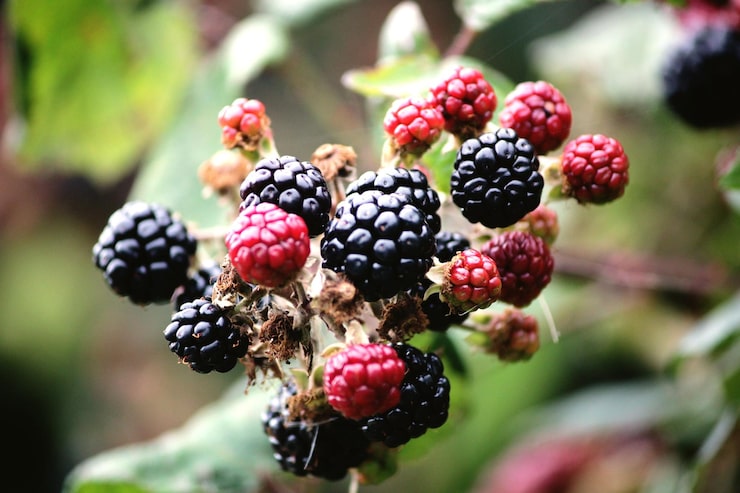
Wandering near the edge of a camp field or woods, the distinct, intensely sweet, and slightly fermented smell of overripe wild berries, like blackberries or raspberries, can hang heavy in the air. As the berries mature and eventually fall to the ground, they begin to ferment naturally, releasing sweet, alcoholic-smelling esters and sugars. This scent is an aromatic signal of late summer abundance and hidden, unexpected discoveries. It represents the quiet moments of foraging and finding a small, concentrated burst of flavor in the wild.
17. Oily Scent of Leather from a Baseball Glove

The deep, comforting, and uniquely oily scent of well-worn leather defines the sports equipment shed or the gear carried to the baseball field. This aroma comes from the tanning process, which uses natural or synthetic oils to preserve and condition the animal hide. Over time, the leather absorbs sweat, dust, and grass stains, creating a rich, personal aroma. This is the smell of teamwork, fielding practice, and the satisfying thwack of a ball hitting the pocket of a familiar, perfectly broken-in glove.
18. The Heavy, Sugary Sweetness of Cotton Candy

The overpowering, airy-sweet, and purely artificial smell of spun sugar is the temporary, wonderful scent of a carnival night or a special celebratory camp fair. Cotton candy is essentially crystallized sugar that is heated and spun into a web of threads, and the sweet aroma is often intensified by artificial fruit flavors and vivid colors. This concentrated sugary fragrance instantly evokes the excitement of a rare camp treat, the visual spectacle of the machine spinning, and the pure, sticky joy of holding a cloud of edible sugar.
19. Earthy Vapor from a Hose Spraying Hot Ground
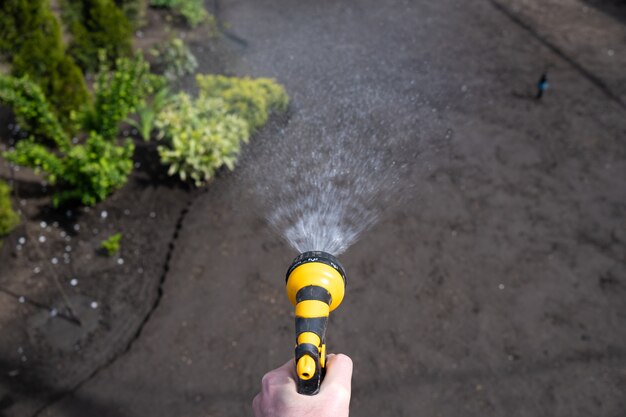
The uniquely clean, earthy, and mineral-fresh scent released when a garden hose is used to spray hot, dry ground is known as petrichor. This beautiful, distinct aroma is produced by an oil (primarily the organic compound geosmin) secreted by certain soil-dwelling bacteria, which is released into the air when water droplets hit the dry surface. This phenomenon often follows a watering of the ground to control dust, making it the scent of refreshing relief, a temporary respite from the heat, and the sudden appearance of a vibrant, clean earthiness.
20. The Faint, Metallic Odor of Pennies and Lost Change

The light, slightly metallic, and oddly coppery smell often associated with old change or the bottom of a lost-and-found box is a curious camp scent. This odor isn’t the smell of the metal itself, but rather the result of skin oils reacting with the metal (specifically iron ions), which produces a compound called 1-octen-3-one. This fleeting scent, often found in the pockets of neglected shorts or the dust of a trunk, is a subtle reminder of the small transactions, lost treasures, and accidental expenses of camp life.
That unique combination of woodsmoke, disinfectant, and sun-warmed earth forms an essential emotional map of your childhood. These are the unsung, factual aromas that define the summer camp experience, proving that a simple whiff can hold a lifetime of happy, unforgettable memories.
This story 20 Summer-Camp Moments You Can Still Smell was first published on Daily FETCH


